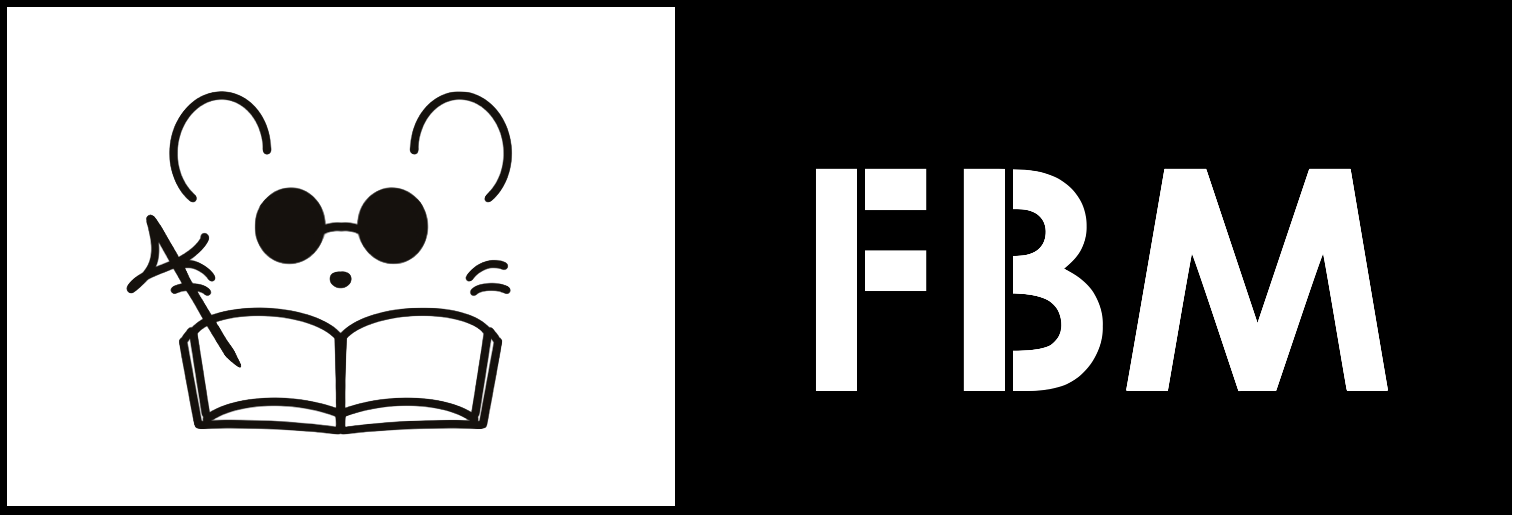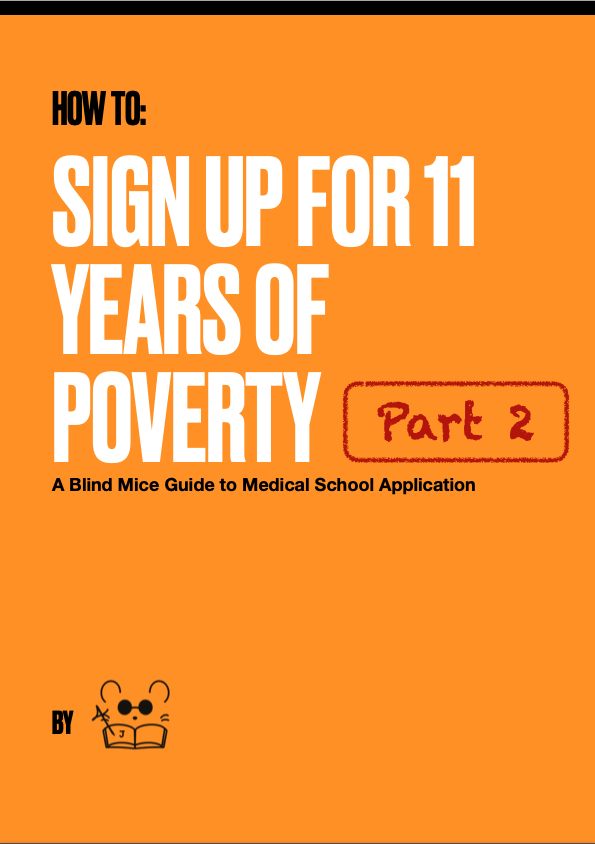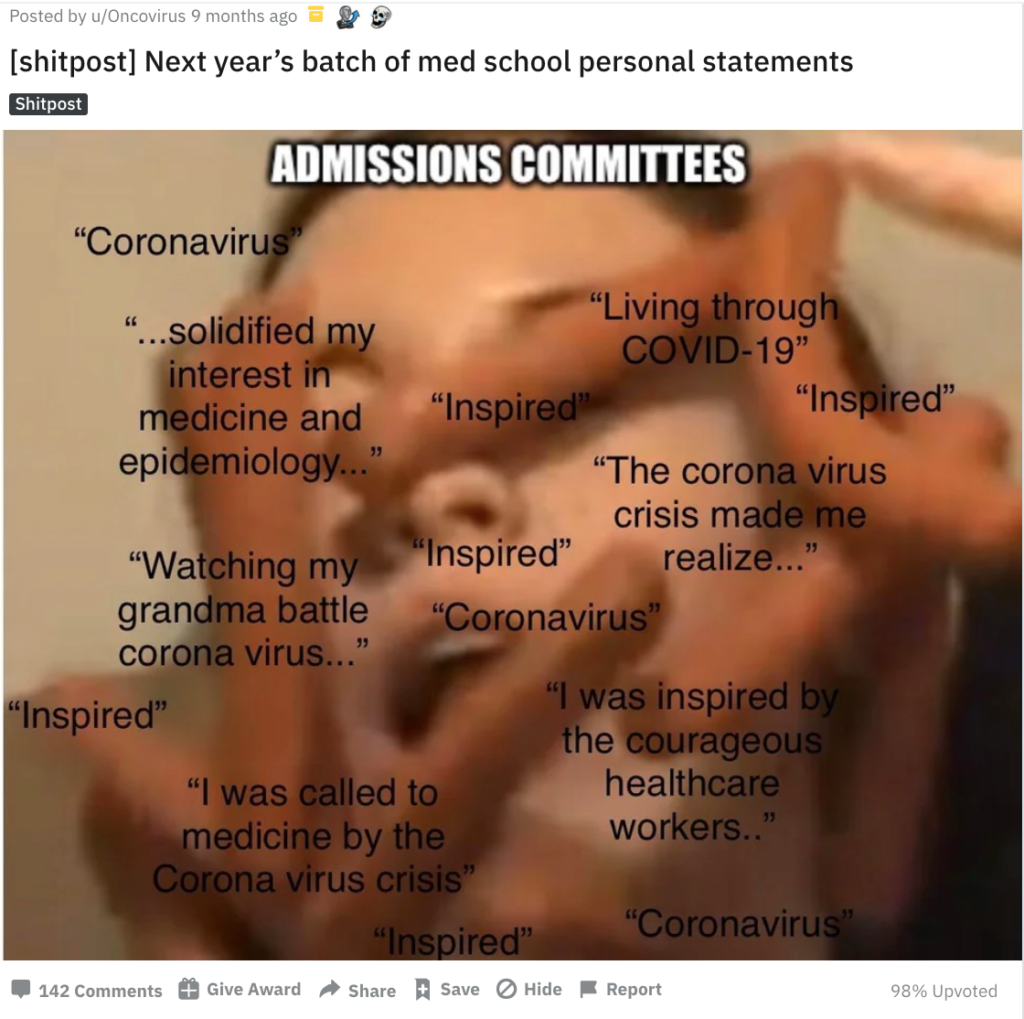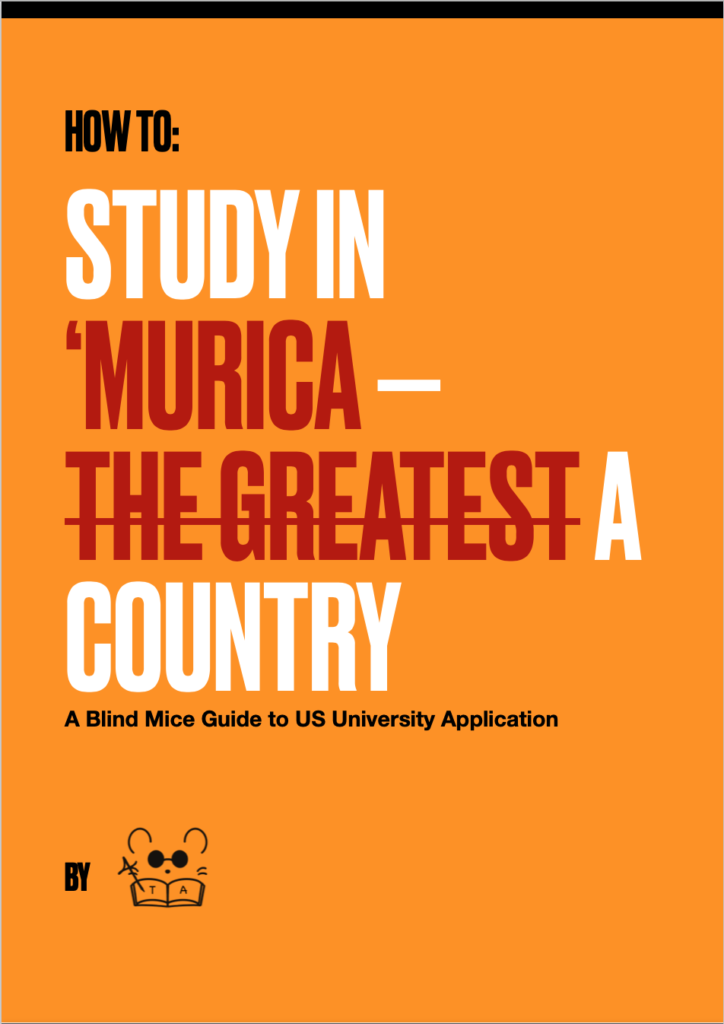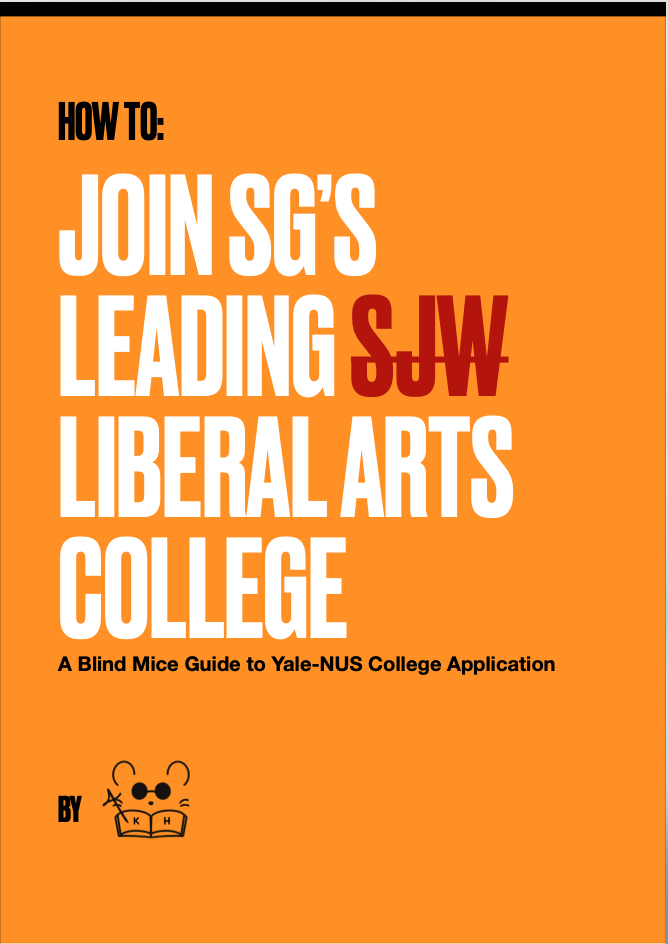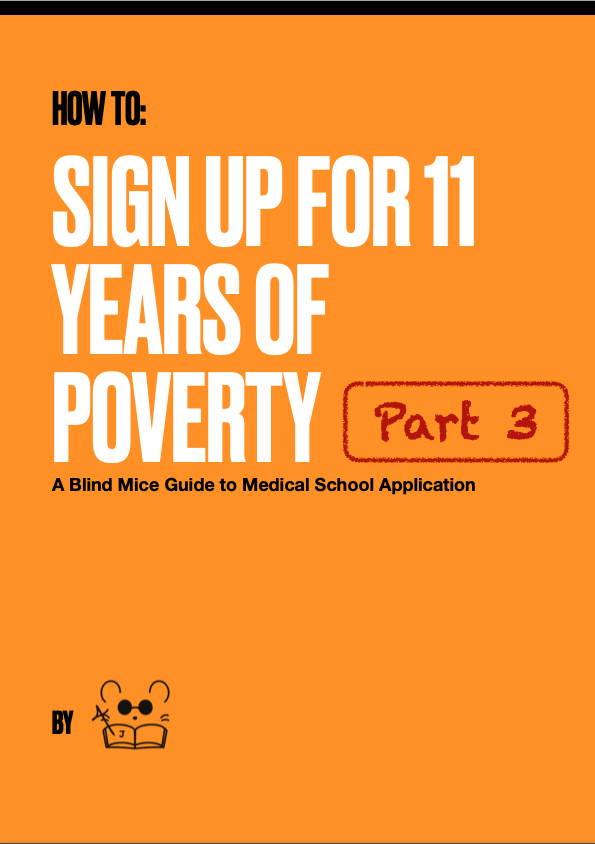Disclaimer:
J is a polytechnic graduate who was offered admissions to NUS Yong Loo Lin School of Medicine and the Yale-NUS & Duke-NUS Liberal Arts and Medicine Pathway in 201X. All advice given is in no way representative of the views of any institutions (duh).
This is the second article of the three-part Signing Up for 11 Years of Poverty Series – A candid take on applying to medical school. For more exclusive content, download the full guide here.
TLDR: Just read this for advice from an actual doctor on how to get into medical school.
Based on the new admission system, grades will be used to shortlist candidates for the interview. Hence, your portfolio will only be used for consideration after you have been shortlisted. To have a good gauge of your chances, please take a look at the NUS IGP and NTU IGP.
For polytechnic students, you also need to check if you have the Subject Pre-Requisites to pursue medicine (NUS, NTU).
If you have an exceptional portfolio (national athlete, international math/science olympiad champion etc) but feel that your grades can’t make it, you can consider applying via the Aptitude-Based Admissions Scheme (ABAS).
| Applicants | Interviewed | Places | |
| YLL | ~3000 | ~900 | 300 |
| LKC | ~900 | ~450 | 180 |
Documents Preparation
As part of your application, these are the documents that you will have to prepare as well.
| YLL | LKC | |
| 1 | 500 words personal statement | 300 words personal statement |
| 2 | 2 referee reports | 2 referee reports |
| 3 | CCA List | – |
| 4 | Official Testimonial | – |
| 5 | – | BMAT |
1) Personal Statement
If you are seriously considering medicine, you should probably work on this as early as possible. Writing a ‘sincere’ personal statement takes time, and it requires a lot of reflection. Hopefully, Part 1 was able to guide your thought process a little.
To help you prepare before the application window opens, the following are the prompts from YLL and LKC.
YLL (500 words): Write about experiences that have shaped your desire to study medicine
LKC (300 words): In not more than 300 words, introduce yourself including, but not limited to, the reasons for wishing to study medicine and of any experience that may have driven the desire to become a doctor. Leadership experience and teamwork ability should be highlighted.
Regardless of how it is asked, your personal statement is ultimately a narrative of how you have developed yourself in pursuit of becoming a medical student/doctor.
As you are writing about your experiences, try to weave in lessons/realisations/skills that you have picked up. As much as it is about your passion (don’t forget that everyone applying is supposed to have that), your personal statement is also about why you deserve a spot. Use the opportunity to display qualities which you think will make you a ‘good’ medical student/doctor.
Consider these two generic examples:
My grandmother died of cancer ➔ I don’t want anyone else to suffer like her ➔ I want to help others like her ➔ Hence, I want to study medicine
This explains why you want to study medicine, but it does not give the school any reason to choose you. Being a doctor is more than just having the heart to serve (every decent person has that too).
My grandmother died of cancer ➔ I don’t want anyone else to suffer like her ➔ went to volunteer in hospice / do scientific research ➔ picked up new skills / got more interested in medicine ➔ Hence, I want to study medicine
Sharing about what you have done because of your passion helps to emphasise your commitment and dedication to it. Furthermore, these experiences can also illustrate how you have developed certain qualities or understanding that are relevant to being a doctor.

It is ok if you do not have any experiences directly related to healthcare. As you can see from the Bingo above, you can develop qualities of a medical student/doctor with non-healthcare activities too. What matters most is how you draw lessons from your experiences (whatever that may be) and relate it to being a medical student/doctor.
Don’t worry if your personal statement sounds cliche. There are only that many reasons and qualities that you can have to study medicine. The Bingo covered almost all of them.
To set yourself apart, I feel that it is about how you acknowledge the limitations of medicine in your personal statement. By doing so, you are proving that you are a mature candidate who understands what it truly means to be a doctor and one who can balance idealistic passion with reality.
Read this if you need an elaboration of what I was trying to say above. You should also check out the Reading List in the FBM Medical School Application Guide to find out more about what it means to be a doctor.
Be prepared to be asked questions from your own personal statement. Make sure you can elaborate and defend everything you write in there.
2) Referee Reports
This is the reason why you should suck up maintain good relationships with some of your lecturers while you are in school. Having a lecturer who knows you personally can help make your recommendation more sincere and substantiated. It is also advisable to get a lecturer who you have worked with before as they will be able to provide insights to your character and elaborate on activities/achievements you accomplished in school.
If you aren’t close to any lecturers and are like everyone else who will be scrambling to get recommendation letters during the university application period, here is what you should do:
- Prepare a copy of your CV for your lecturer so that they can list some of your achievements and qualities in their recommendation letter
- Write an explanatory email to them about your application and what you need from them
- Make sure you include every detail that you want to have in your recommendation
- Keep track of the submission deadlines and gently chase when it is approaching (or else you are screwed)
3) CCA List (For YLL)
The website states that you have to include your top 10 most recent activities/achievements, from secondary school and above. As mentioned in the Personal Statement section above, you should list activities/achievements that display qualities and experiences relevant to being a medical student/doctor.
If you find yourself having to include multiple one-day volunteering events and being GM/GL of some camp (or anything along those lines)… I can only say good luck. Unless you have some other very very very exceptional achievements to make up for these trash (no offence) activities, you should probably have worked more on your portfolio.
Please consider subscribing to our Four Blind Mice Portfolio Building Series if you are not applying any time soon and want to salvage/improve your portfolio!
4) Official Testimonial (For YLL)
For JC students, this will be the official document given to you by your school.
For Polytechnic students, this can be a referee letter with your school letterhead.
5) BMAT (For LKC)
This is a pre-requisite if you are applying to LKCSOM. The general timeline of BMAT is as follows:
Early September to Early October – Registration for BMAT opens
Late October/Early November – BMAT Test day
Mid-November/Late November – BMAT Results
This means that if you are considering to apply to LKCSOM, you have to begin preparing the year before.
An excellent study material that I recommend is BMAT Ninja. It is a comprehensive resource that includes study tips, question banks and past year exam papers with answers. It costs 150 SGD. If you are unable to afford a personal account, you may want to consider getting it on Carousell. Check out this seller who is currently selling it at 10 SGD.
If you are willing to spend more, you can consider getting the 6med BMAT Bundle. It is from the same creators as BMAT Ninja.
